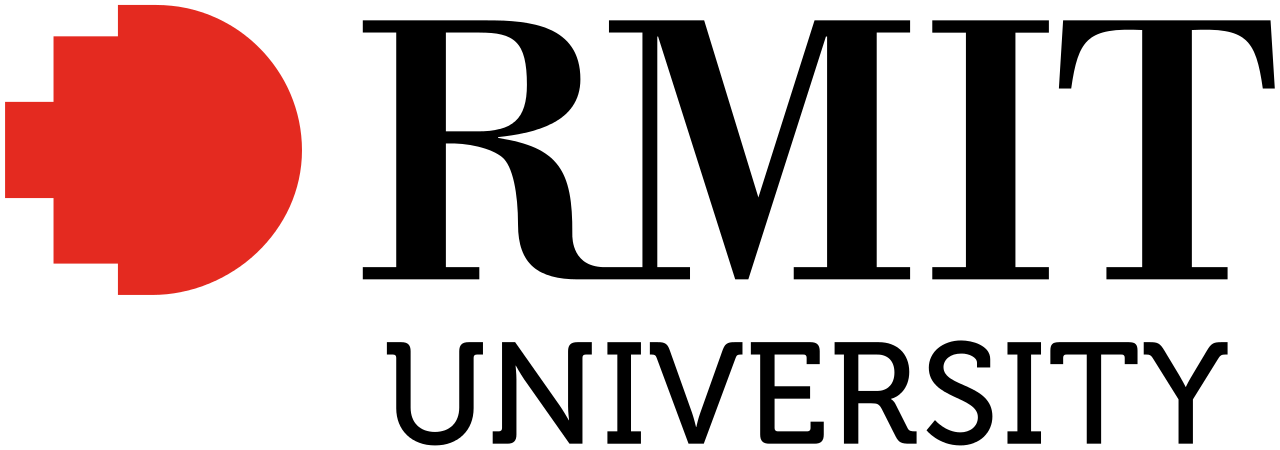RMIT soars high in 2023 Times Higher Education University Impact Rankings
RMIT has been ranked number one globally for its impact towards multiple sustainable development goals, according to the 2023 Times Higher Education University Impact Rankings.
The rankings reflect the progress of 1,591 universities against each of the 17 United Nations Sustainable Development Goals (SDGs), as well as an overall ranking.
RMIT ranked number one globally for its work to reduce inequalities (SDG 10), equal first in supporting decent work and economic growth (SDG 8), and equal second for partnering to achieve sustainable development goals (SDG 17).
SDG 10 reflects how universities are tackling global economic and health inequalities as well as measures taken against discrimination, such as RMIT’s equitable learning and disability supports.
SDG 8 reflects sustainable employment practices including RMIT’s work on the Modern Slavery Act, support for students taking work placements and the University’s research into employment and economic growth.
Significantly, RMIT ranked equal seventh overall among universities worldwide for its environmental, social and economic impact.
Vice-Chancellor and President Professor Alec Cameron said the entire RMIT community should be proud of these outstanding results.
Vice-Chancellor and President Professor Alec Cameron.Vice-Chancellor and President Professor Alec Cameron.
“I’m incredibly proud that RMIT has been ranked seventh globally in the 2023 THE Impact Rankings.
“This is a significant rise and a direct reflection of our impact on society, through stewardship initiatives, leading education offerings and impactful research,” Cameron said.
“Moreover, it is testament to the determination and hard work of a university community in collaboration – RMIT students, staff and partners who share in this achievement.”
Other notable results include RMIT ranking 17th globally for efforts to address climate change (SDG 13), 19th for sustainable cities and communities (SDG 11), 23rd on clean water and sanitation (SDG 6) and equal 37th for affordable and clean energy (SDG 7) initiatives.
RMIT has installed solar PV across University rooftops, maximising the use of on-site renewable energy generation wherever possible. RMIT has installed solar PV across University rooftops, maximising the use of on-site renewable energy generation wherever possible.
The THE Impact Rankings, now in its fifth year, has seen a rapid growth in participation, with an extra 185 institutions taking part this year compared to 2022.
Deputy Vice-Chancellor Education and Chair of the RMIT Sustainability Committee, Professor Sherman Young, said RMIT’s continued performance in this context underlined the University’s deep and sustained commitment to sustainability.
“The education sector has a crucial role to play in achieving the Sustainable Development Goals to help to create a more sustainable future for everyone, and RMIT is truly leading the way on this thanks to strong leadership and the hard work of so many of our people,” Young said.
Last year, the University announced it would fast track its carbon neutral target from 2030 to 2025.
“RMIT has achieved the biggest on-site emissions reduction of any tertiary institution in Australia and continues to act with urgency to address climate change by continuing to reduce our carbon emissions globally,” he said.
All RMIT’s philanthropic investments are now fossil free, thanks to its sustainable global fund that excludes companies with carbon reserves and companies which derive material revenue from fossil fuel-related activities.
Meanwhile, the University’s Knowledge with Action strategy includes a major focus on partnerships and regional collaboration for impact.
Examples include supporting a community resource centre in rural Fiji to empower the lives of indigenous women, partnering with the Bangkok Metropolitan Administration to develop and test a suite of open source urban liveability indicators and partnering to deliver SDG masterclasses at the Games for Change Asia-Pacific Festival.
The Cakaudrove Women’s Resource Centre Project in Savusavu, Fiji, demonstrates the impact of regional partnerships and design expertise on creating social change.The Cakaudrove Women’s Resource Centre Project in Savusavu, Fiji, demonstrates the impact of regional partnerships and design expertise on creating social change.
A university’s final score in the overall ranking is calculated by combining its score in SDG 17 with its top three scores out of the remaining 16 SDGs.
To bring more stability to the rankings this year in light of rapid growth in participation, a rolling average of the last two years’ scores was used for the overall ranking table.

